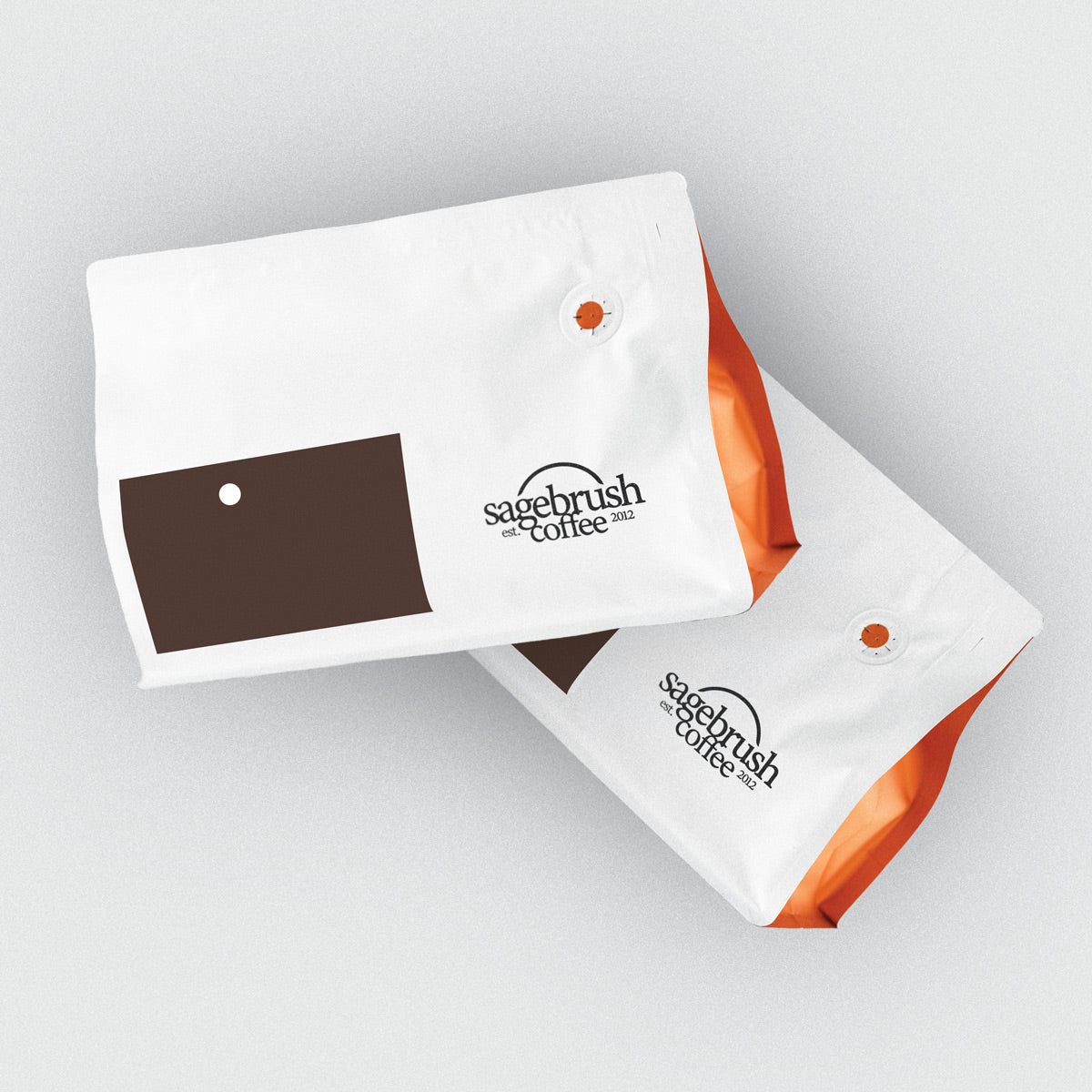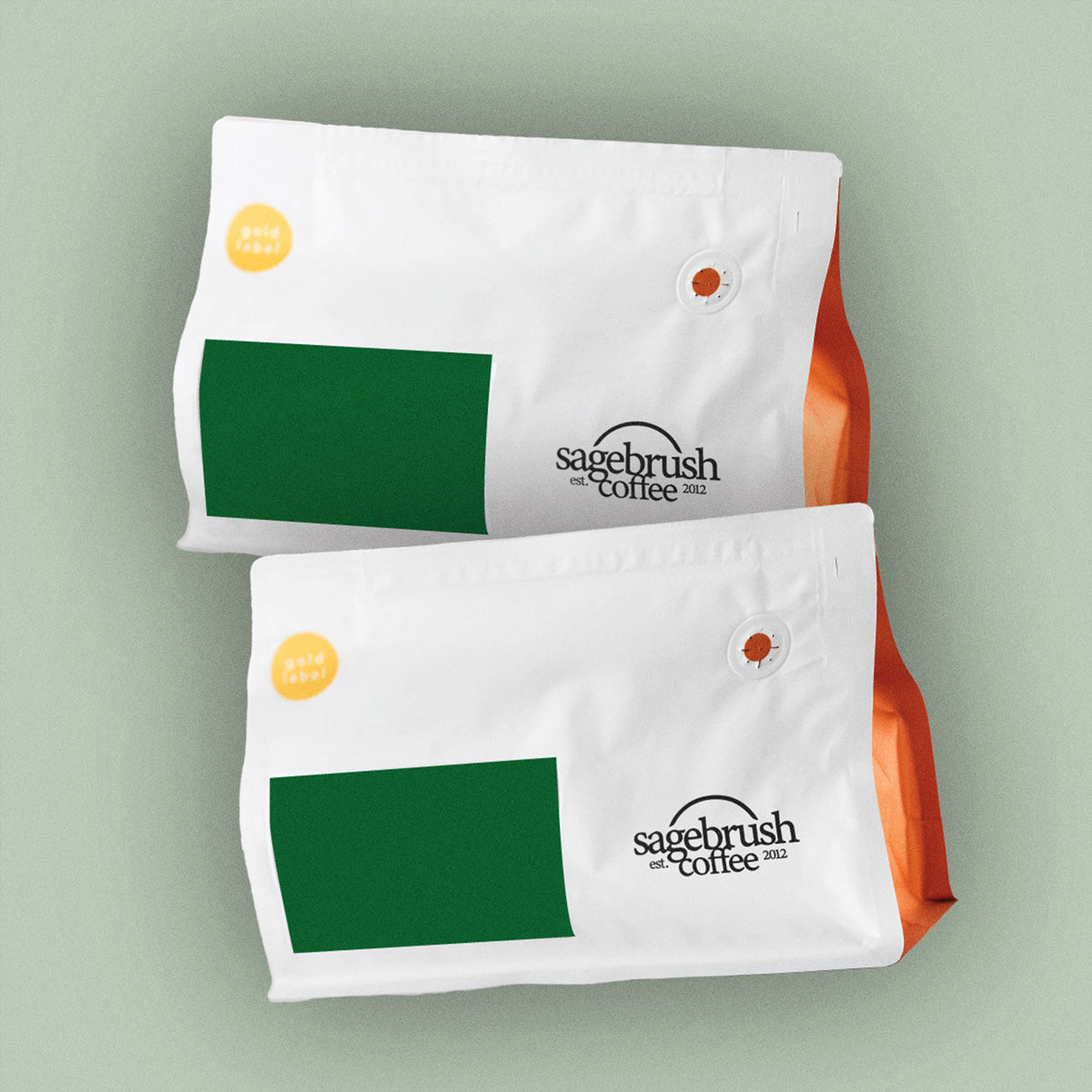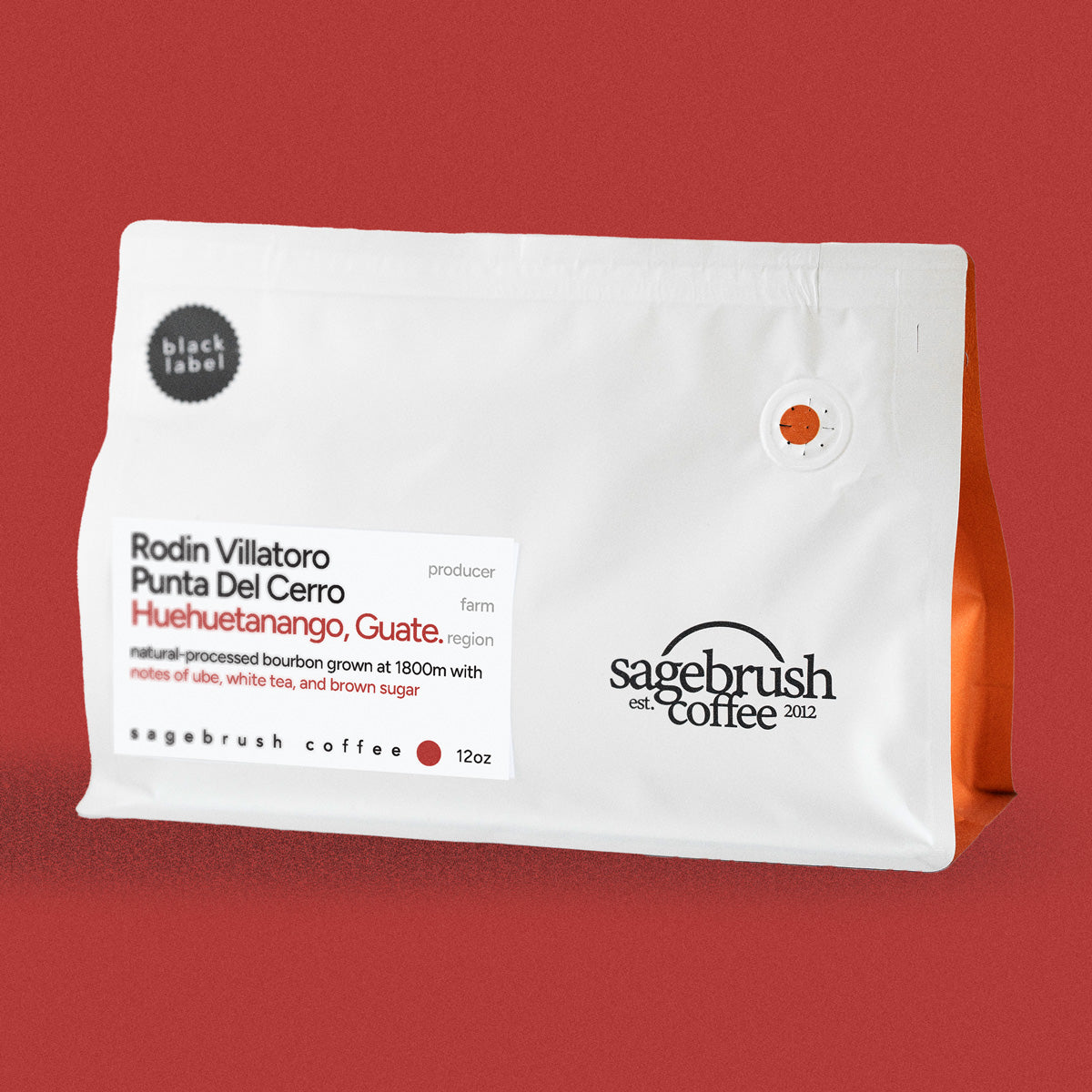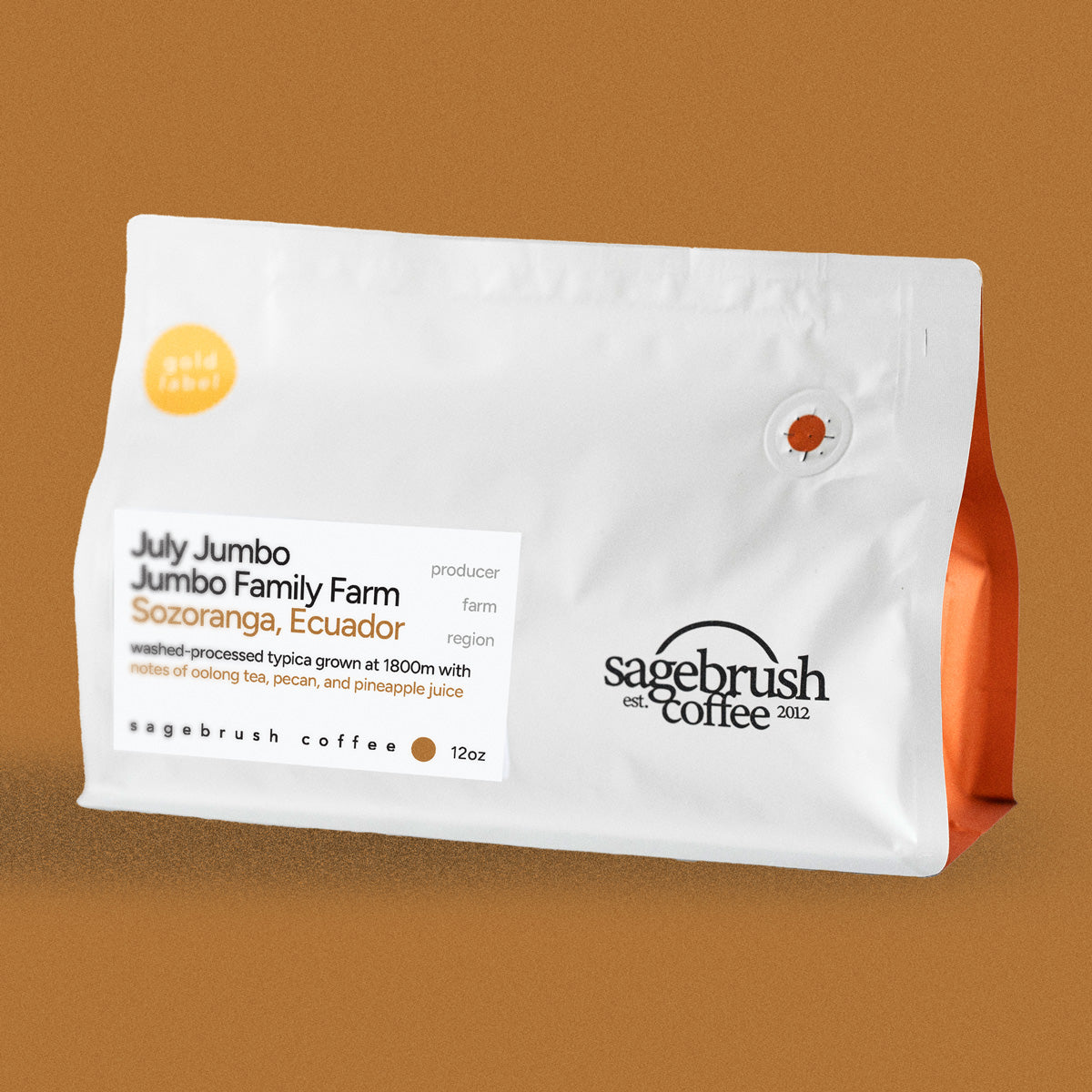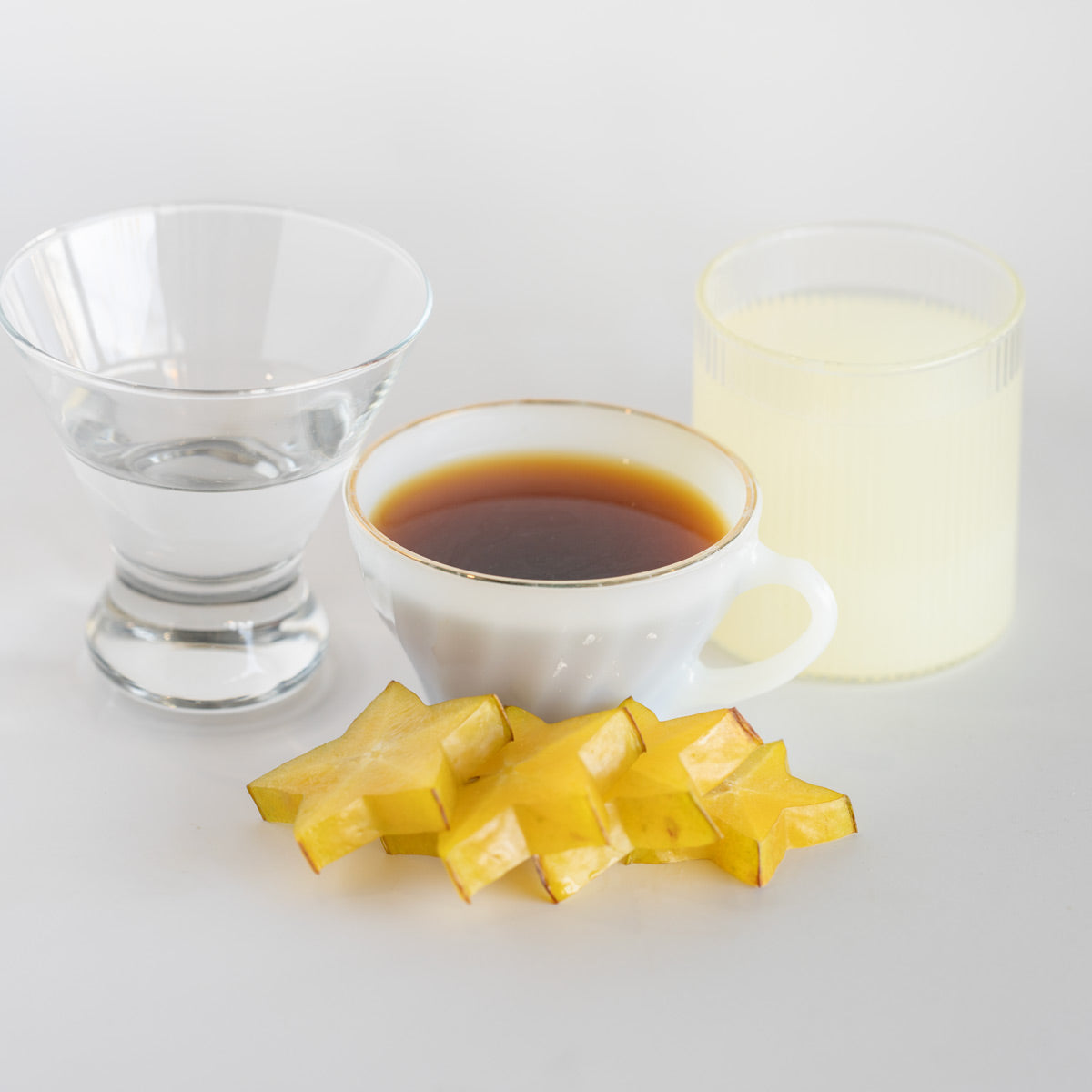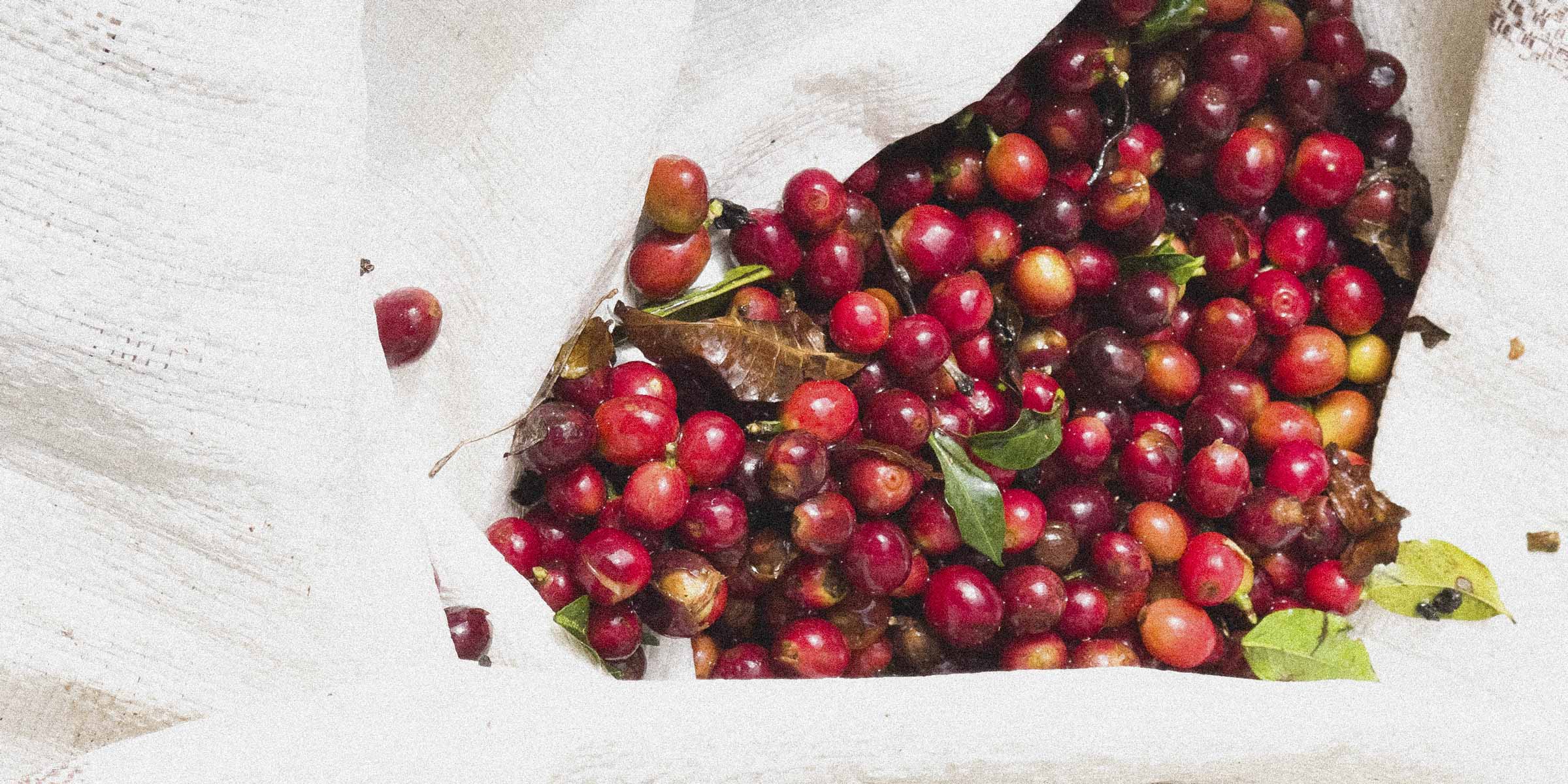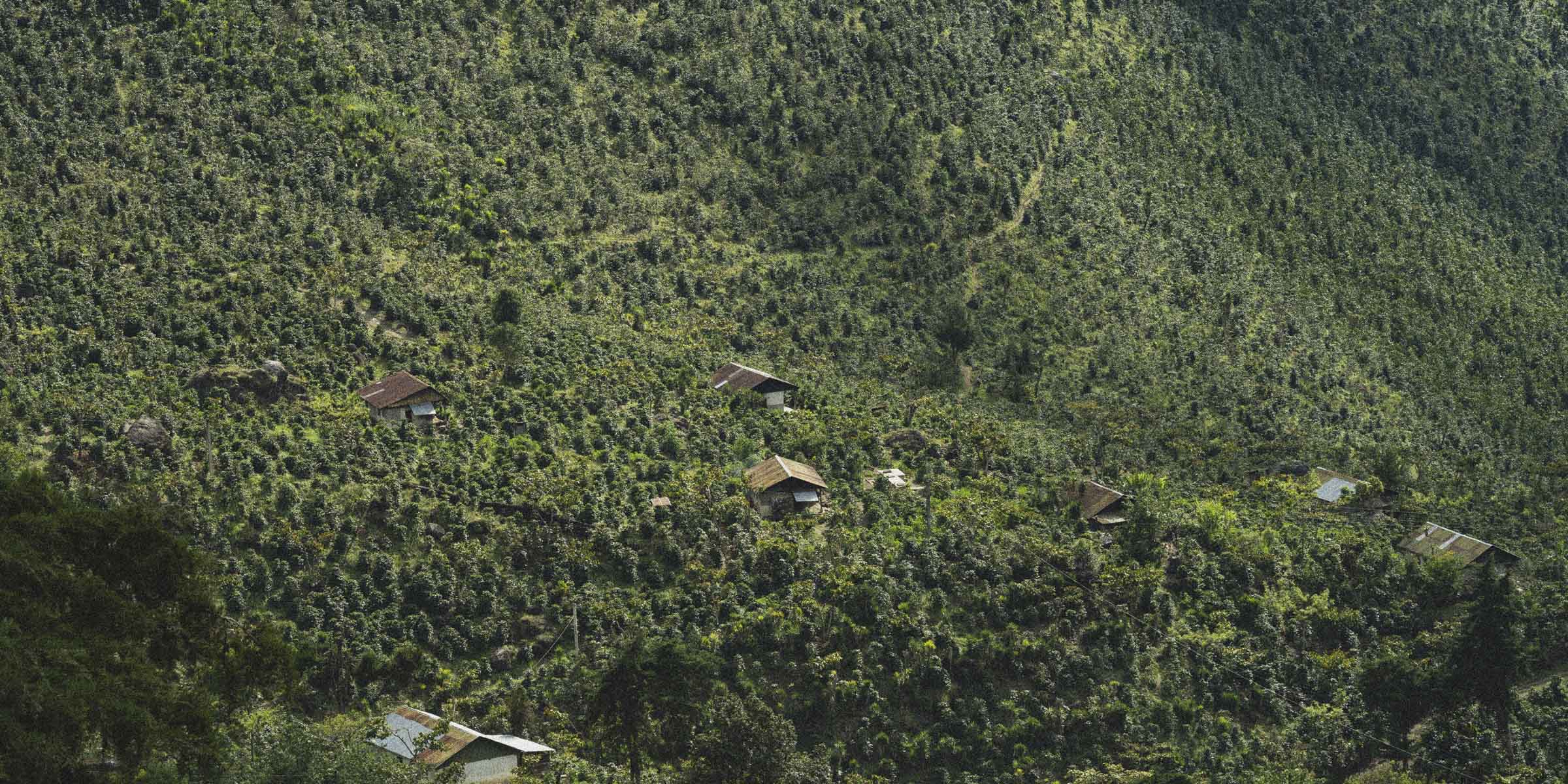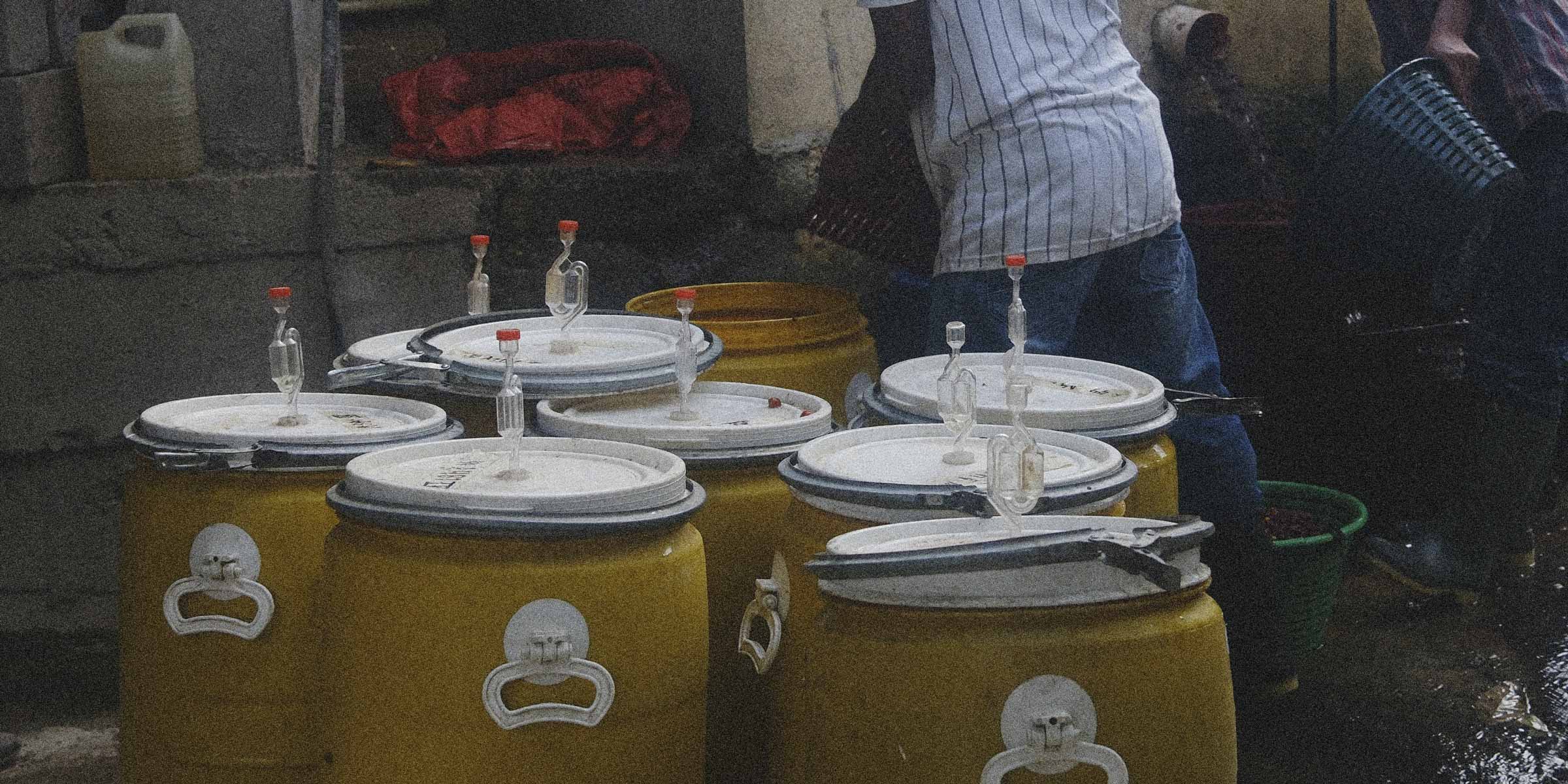
Beans from Nicaragua (ni•kr•aa•gwuh) are a rare offering here at Sagebrush, but when we do have them available they are always a special treat. Incredibly versatile in flavor, many Nicaraguan coffees are known to have a mild, fruity brightness while some offer nutty notes with vanilla and chocolate flavors. Its prime location nuzzled between Costa Rica and Honduras provides perfect climate conditions for growing different coffee plant varieties. Although they share many of the same characteristics as other Central American coffees, the coffee beans from Nicaragua tend to have milder acidity levels.
Nicaragua's coffee culture had many ups and downs before it actually became successful in the global coffee industry. In 1790, coffee was brought to Nicaragua for the first time by Catholic missionaries and it was initially only grown out of curiosity. It was not until 1840 that coffee gained economic significance due to an increased global demand for it. 1840 to 1940 was known as the "Coffee Boom" and by 1870, coffee became the principal export crop. In the early 20th century, Nicaragua's coffee industry took a huge hit when the former dictatorship was overthrown, and communism was introduced. As a result, coffee mills were targeted and sabotaged, and coffee prices continued to collapse from 1992 to 2003. In the midst of economic chaos, Hurricane Mitch blew across Nicaragua in 1998, causing the prices to drop even lower.
Things are finally looking up for the Nicaraguan coffee community as it is re-establishing its rank in the coffee world. Over the past ten years, the quality and traceability of coffee beans have improved exponentially. Instead of just mill brands, you are now able to trace coffees from single estates and producer cooperatives. Some farms have excelled so well that they are participating more and more in Cup of Excellence competitions and receiving high scores.
Today, 95% of coffee farms are small and family-owned. With so many small farms building cooperatives is important. These cooperatives connect farms with resources throughout the country. There were a total of 19 cooperatives as of 2022, but the largest is the Nicaraguan Association of Smallholder Coffee Cooperatives (CAFENICA). CAFENICA is known for facilitating farmers’ access to credit and many other resources to help take care of the land and workers.
One specific Nicaraguan coffee farm that we have sourced from here at Sagebrush is the Limoncillo Farm in the Matagalpa region, owned by the Mierisch family. The farm is named for the populous amounts of lemon trees initially discovered there. It consists of 171 hectares and includes immense forest coverage. The abundant amount of shade allows for prime growing conditions. Limoncillo was awarded second place in the 2008 Cup of Excellence and is UTZ certified. This certification means that they focus on sustainable farming, improved worker conditions, and training in beneficial agricultural practices. I am always excited to have Nicaraguan coffee in the shop and especially proud to be supporting farms like Limoncello that care for their workers and the environment.
Another Nicaraguan farm that we source from is Santa Teresa de Mogoton, owned and operated by Silvio Sanchez. Sanchez got into coffee farming through the study of agronomy. His mother and he purchased the land for their remote farm to fuel their shared love for coffee. The farm is small, only consisting of 10 hectares, and surrounded by lush pine forest.


